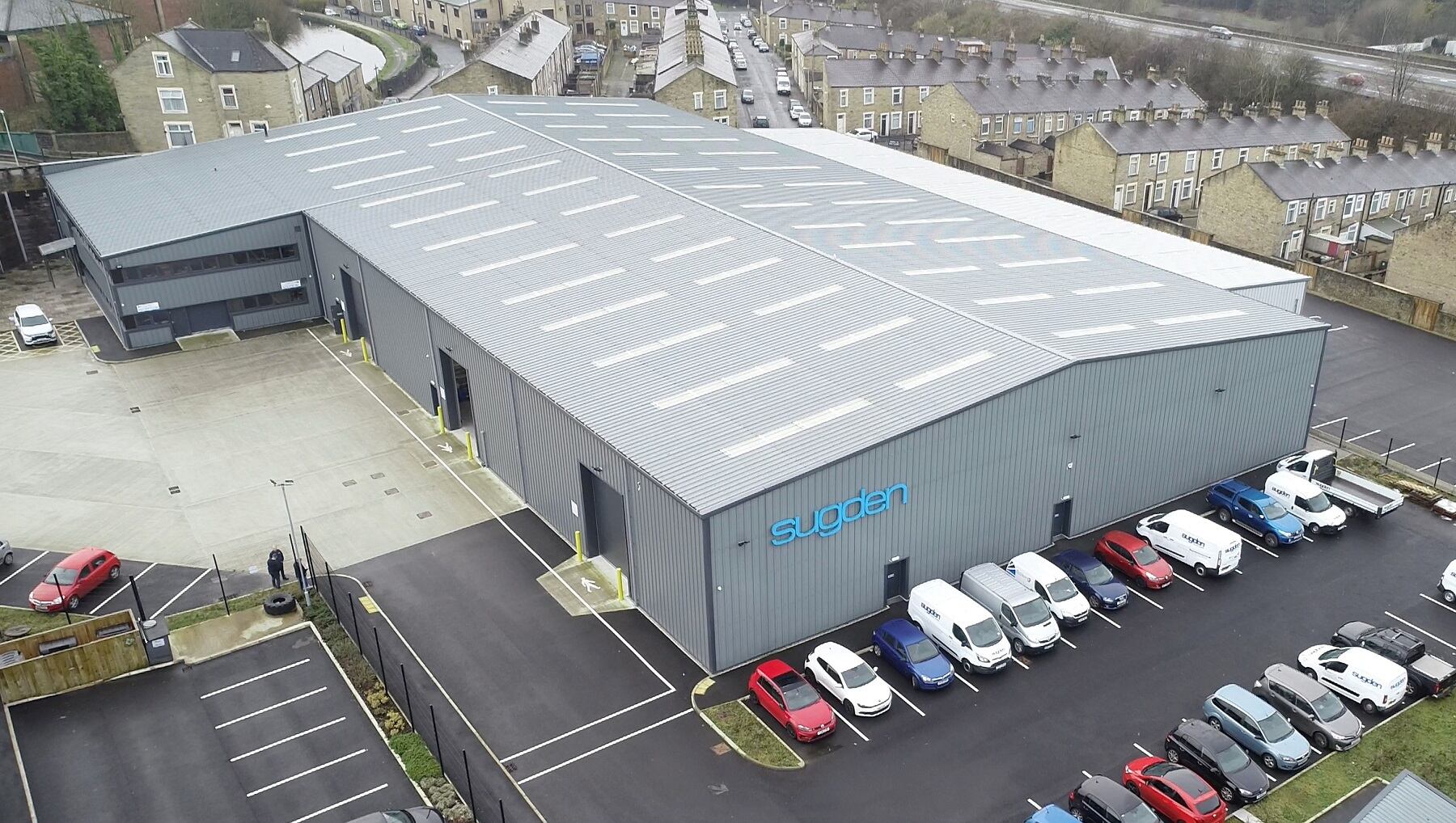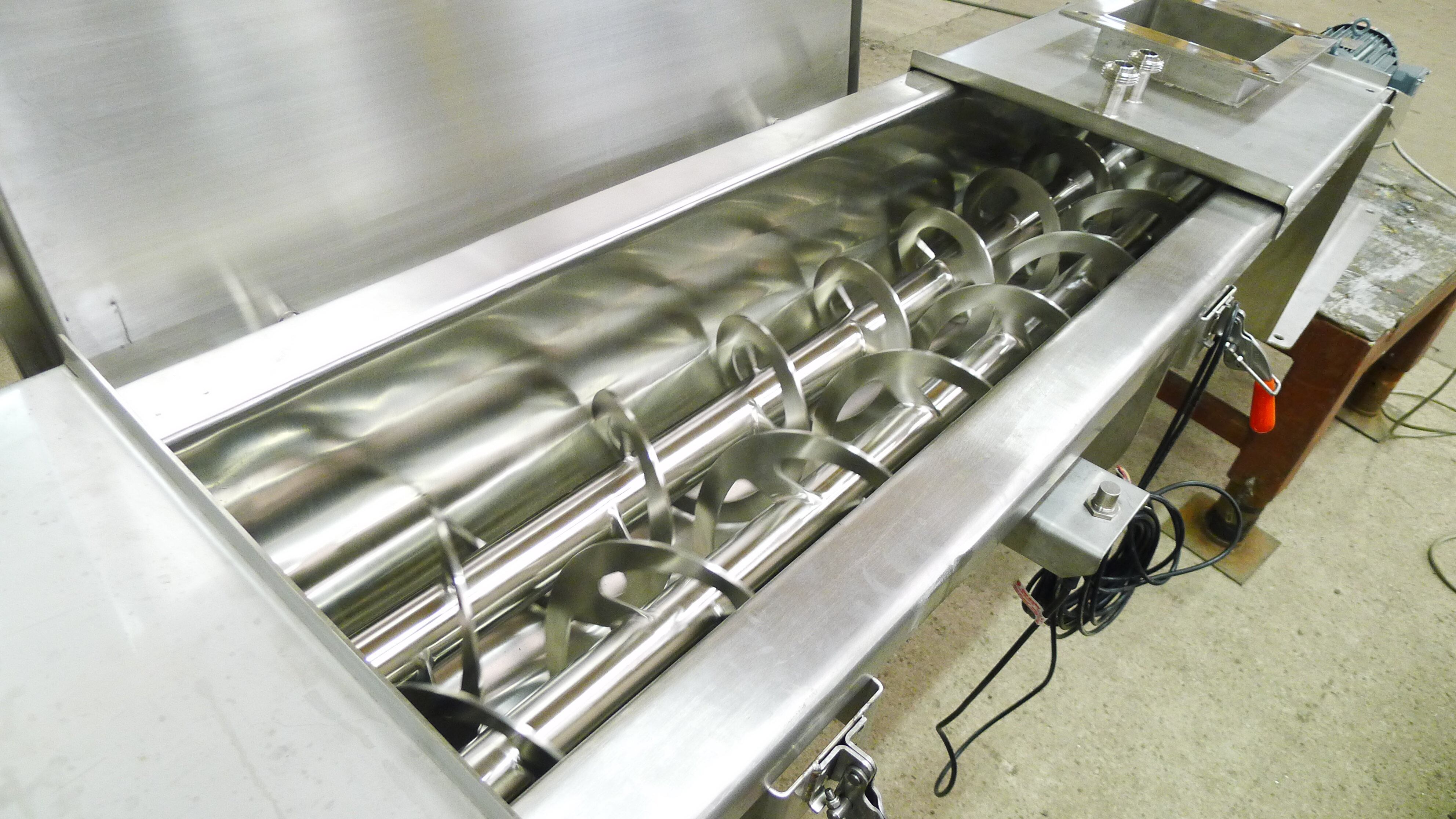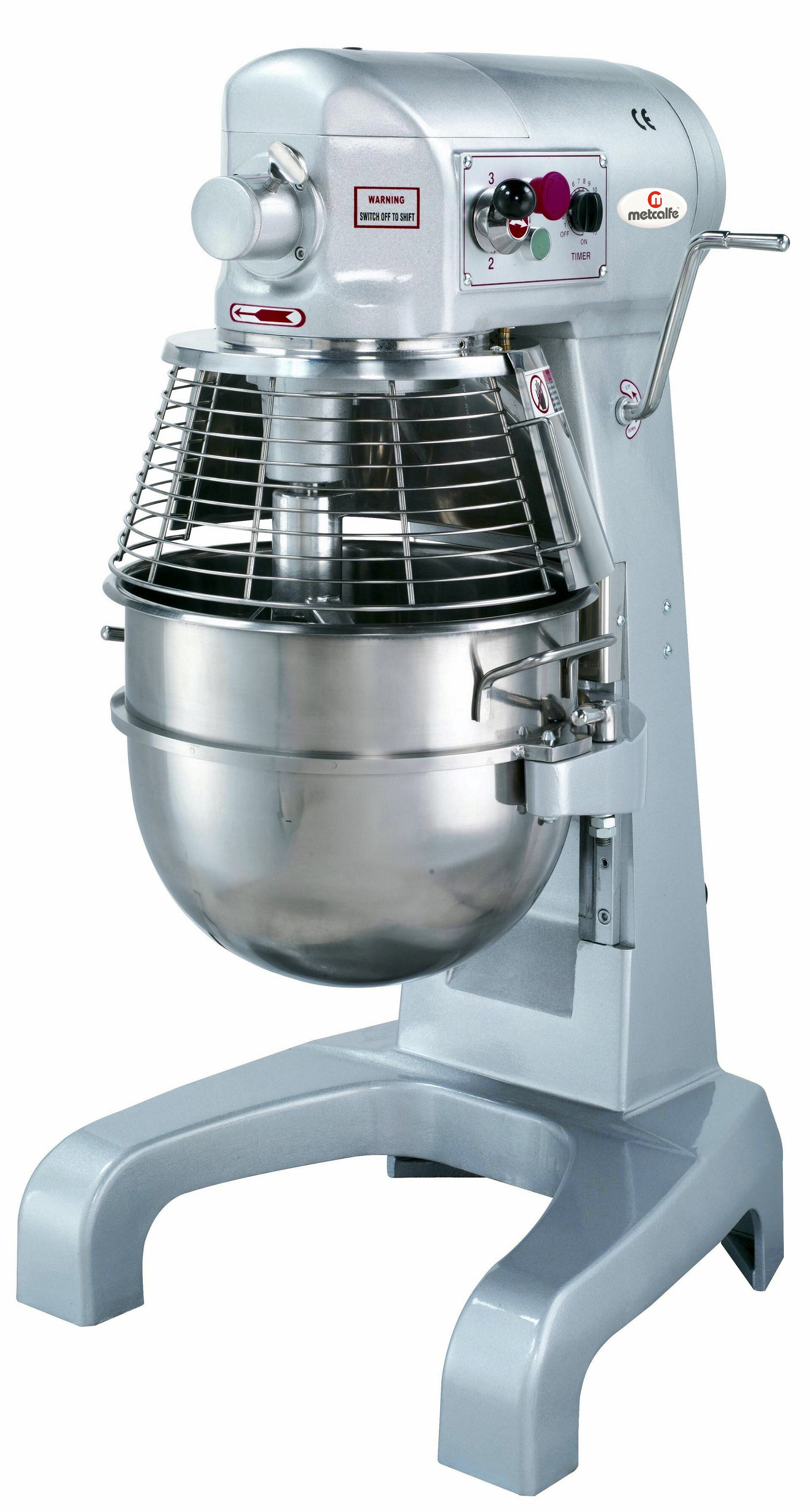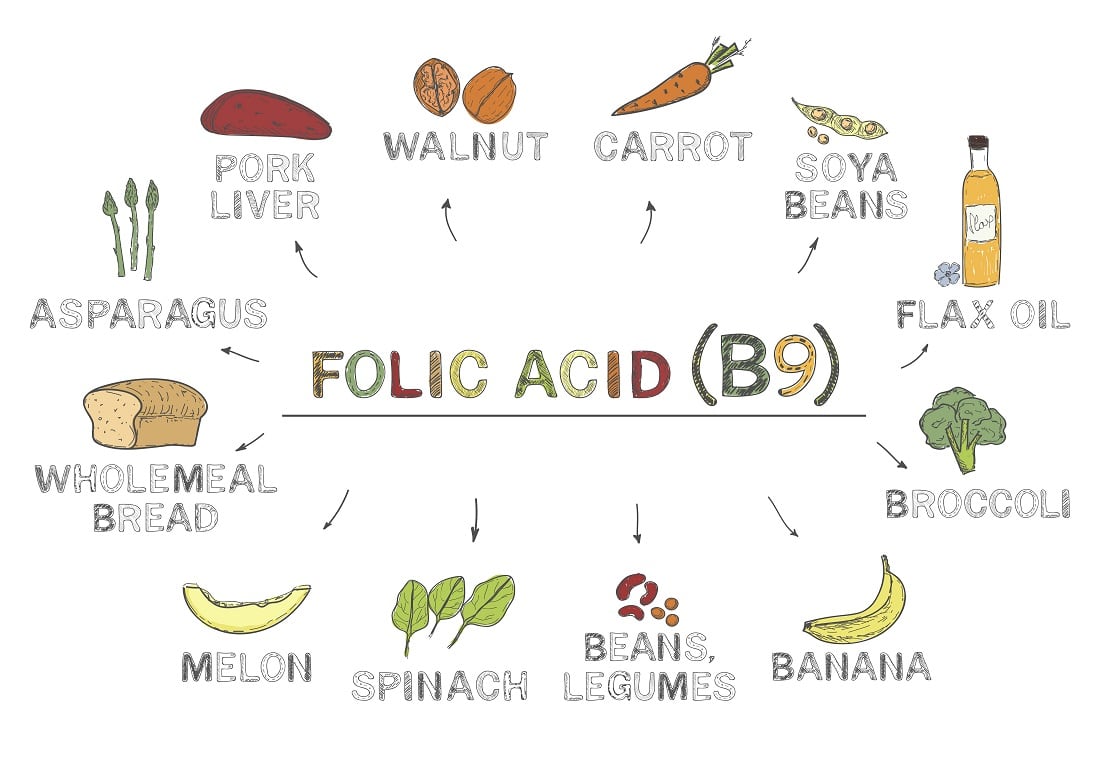But serious questions are being raised about how sustainable the traditional size of that workforce is as the UK labour market undergoes fundamental restructuring. As we have been reminded time and time again, there is a recruitment crisis impacting all areas of the food and drink industry and bakery is no exception.
The UK bakery market is worth £3.9bn, representing a large part of the UK food industry. The largest proportion of the bakery sector is made up of plant bakers (75% by value, 85% by volume), the Federation of Bakers claims. Total production volume for the whole sector is about just under 4bn units – the equivalent of almost 11m loaves and packs sold every single day.
So, how have how have bakery manufacturers coped over the past 19 months against a backdrop of COVID-19, Brexit and the recruitment crisis and have the larger players been more insulated from such challenges?
According to Chris Baldwin, managing director of processing equipment supplier Sugden, the whole food industry is finding the search for staff tough, which has resulted in bakeries of all sizes investing in greater automation.
Automation vs the workforce

“Prior to the pandemic, there was already a growing trend within the industry, particularly amongst medium and large-scale bakeries, for automating production facilities, with bakeries increasingly recognising the benefits automation can bring – including reduced labour and energy expenditure,” Baldwin explained.
“But the labour shortages we’re seeing now due to a combination of the pandemic and Brexit have accelerated this trend by as much as five years, with bakeries looking to reduce reliance on labour through automation.”
For Sugden, this interest in automation has increased demand for its hotplates, with orders starting to come in from all over the world.
“One of our clients, Brownings the Bakers, originally had 16 staff working on its morning goods line and since the installation of one of our hotplate lines, they now only need three,” Baldwin continued.
“This automation has not only benefitted them financially, with their turnover drastically increasing, but it has also meant that the company is better placed than ever to keep up with growing demand.”
Baldwin identified one prominent trend that had sparked bakers’ interest in the latest manufacturing technology: the reduction of human error in the production process.
“Bakeries are under more pressure than ever before to ensure that bakes are of a consistently high quality – something that simply can’t always be guaranteed when people are involved,” he added.
“Additionally, there’s a growing focus on reducing wastage and getting the most out of every yield, and this again is driving more bakeries to consider automated production and packaging processes.”
Weight Control
Consumer trends, especially diets, have also been a key contributor in manufacturers’ decision to rely more heavily on automated systems.
Outside of the regulatory pressures to make sure products contain the exact amounts of ingredients – sugars, fats, salts – consumer demands for healthier products have dictated the greater usage of automated checkweighers.
The weight management market is expected to grow at a compound annual growth rate of 8.6% over the next five years, according to Fortress Technology and Sparc Systems’ Charlie Graham. As a result, weight checking is fundamental to authenticity, product integrity and brand protection.
“Absolute weighing uniformity in weight management products is non-negotiable. If your packaging states a snack bag has 100 calories, the tolerance cannot deviate by more than 0.5g – in this market, being bang on the weight target is critical,” he explained.
Of course, automated checkweighers also serve a more practical purpose in the production plant. Much like Sugden’s suggestion of using machines to eliminate a certain amount of user error from the equation and preserve high standards in products, automated checkweighers can help eradicate weighing errors at the source.
Besides reducing false rejects and product waste, the use of modern network technologies allow for automatic data transmission. If a weighing error is detected at the end of the line, information can be sent back to the start of the line so adjustments can be made to ingredient quantities in real time.
In an example given by Fortress, if a piece of dough is under or overweight by as little as 0.5g, the Hestia Dough Checkweigher automatically rejects it. Simultaneously, the machine’s advanced fibre optic controlled software communicates back to the dough divider in real time to adjust the position of the blade for the next batch.
Deviating from a recipe also affects the value of products, Graham noted. He cited ‘free from’ and ‘dietary’ ranges as classic scenarios where formulation conformity is critical. “Free-from ingredients can cost over 150% more than conventional products. For instance, there’s often 20 or more ingredients in a free-from bread recipe, placing even greater emphasis on tightly controlling waste.”
In the cloud
Outside of the advances in physical technology, bakery manufacturing has latched on to developments in the digital sphere as well. As we advance further into this digital age, one of the standout technologies making the rounds within the production space is the use of cloud computing.
The cloud
The cloud refers to software and services that run on the internet, instead of locally on computers. Most cloud services can be accessed through a web browser like Firefox or Google Chrome, while some companies offer dedicated mobile apps.
Examples of cloud services include Google Drive, Apple iCloud, Netflix, Yahoo Mail, Dropbox and Microsoft OneDrive.
One such business taking advantage of these new systems has been Whitworths, a supplier of dried fruits and nuts to the bakers. It has used cloud-based data analytics platform Qlik Cloud to unify data that had been typically stored across multiple sites. The old way of doing things could lead to misrepresentation of statistics.
By storing data in the cloud, members of the Whitworths team can access a single, up-to-date and accurate version of performance and inventory levels, providing clarity from the manufacturing floor to the boardroom.
Further planned expansion of the project would see Whitworths using historical data to better forecast manufacturing and industry trends. The company hopes to develop more collaborative dashboards for effective visualisation, reporting and joined-up decision-making and to create an analytics command centre in factories so everyone can understand the data picture in real-time.
Jason Simpson, business analyst at Whitworths, said: “We are moving closer to becoming a truly data-driven organisation, where our teams take informed actions to drive real business outcomes.
“Qlik is helping us make strategic decisions across the business – from informing our decisions on when to move the manufacturing of goods to the UK or Turkey, to empowering us to pool inventory and increase volume we can offer retailers during critical times via real-time stock reporting.”
The business of bakery manufacturing has been quick to adapt to the times – be that advances in modern technology, or pressures brought on by the COVID-19 pandemic. It looks set to continue to innovate alongside consumer demand and the dreams of forward thinking business owners.
Whatever lies on the horizon, processors have more than proven their ability to face the challenges head on – or with their heads in the ‘clouds’.
Twin screw mixer for cereal bar production
Solids handling equipment maker Ajax Equipment, has supplied a Switzerland-based process technologies provider with a heated twin screw mixer with ribbon flights for combining cereal with syrup.

The stainless steel, twin screw mixer includes both a heated casing and heated augers. Using warm water to heat the mixer ensures the condition of the syrup is maintained throughout the mixing process, enhancing the quality of the mix for further processing.
The augers are also ‘quick release’, allowing the shafts to be changed out or removed to make cleaning of the augers and mixer easier.
“Our mixers are ideal for mixing multiple dry ingredients, including cereals, and liquors while maintaining the quality of the ingredients,” said Eddie McGee, managing director at Ajax Equipment.
Mixers in action

Food preparation equipment specialist Metcalfe Catering has agreed a new manufacturing partnership for production of its portfolio of mixers.
All models in the MP have heat treated hardened steel alloy gears, abrasion resistant transmission design, efficient powerful motors, high torque transmission for heavy loads and long-lasting lubricant for smooth gearbox operation.
In addition, each model comes with bowl, beater, whisk, and dough hook. The MP20, MP30, MP40 and MP60 models feature an attachment hub and, in the case of the MP30, MP40 and MP60, an integrated timer.
“The old models served us really well, but the time had come for the entire range to be updated and the relative quiet created by the shutdown of hospitality gave us the ideal opportunity to do that,” said Metcalfe managing director Neil Richards.
“As part of that process we have found a new manufacturing partner capable of taking our mixers onto the next level and further enhancing Metcalfe’s reputation as a supplier of premium quality food preparation equipment.”





